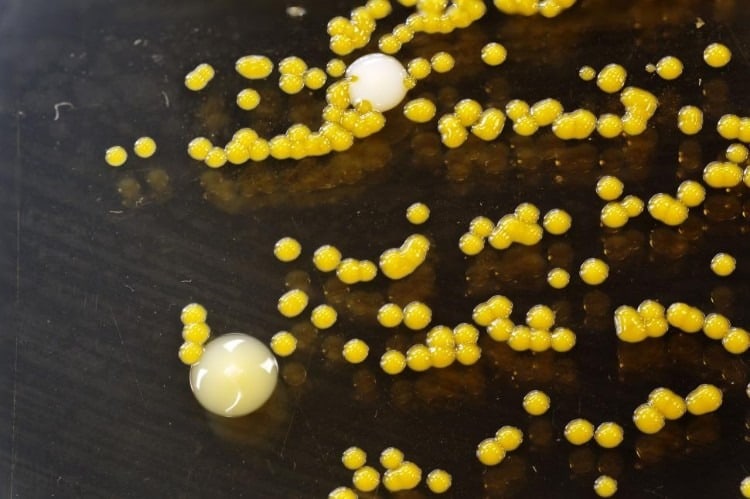



Revolutionized is reader-supported. When you buy through links on our site, we may earn an affiliate commision. Learn more here.
One in nine people does not have access to safe water, and about half the world’s population lives in places that experience at least one water shortage event each year. Due to climate change and growing populations, water is expected to get harder to find in the coming years, which is why we need to prevent water scarcity.
Why is this happening? In many areas, growing populations and water-hungry activities are using water faster than nature can replace it. Water pollution from industrial activities and poor sanitation can also make water resources unusable. Droughts also restrict water availability, and totalitarian governments sometimes do as well.
Water is one of the necessities of life, so not having sufficient access to it can cause a range of serious problems. Keep reading to learn about why we need to prevent water scarcity.
The obvious impact of water scarcity is a lack of drinking water. It also contributes to hunger, since growing crops and raising livestock require large amounts of water. Lack of sufficient food and water, of course, causes poor health and can eventually lead to death.
When people don’t have access to clean water, they often turn to rivers and streams that may be polluted and carry diseases. Having limited running water also means sewage doesn’t flow, which causes the buildup of bacteria and the breeding of mosquitos that cause malaria.
Lack of water means people can’t perform basic hygiene tasks. They also can’t adequately clean their homes and public facilities, potentially enabling the spread of disease.
Water scarcity can also cause economic hardships that make it difficult to solve a country’s water scarcity problems. When people are sick due to lack of food and water, they can’t go to work or school. If their situation forces them to spend inordinate amounts of time looking for water, businesses cannot operate, and children do not get an education, perpetuating the water shortage problem.
Many sectors of the economy rely on water, including agriculture and various industrial processes. It’s also essential for generating electricity. The U.S. uses nearly 40 percent of its freshwater withdrawals for electricity generation, mostly to cool older generation technologies. If a country can’t produce electricity, many sectors of economic activity grind to a halt.
A lack of essentials like water and food can cause increased political unrest, violence and even international conflict. Recent research found drought increased the likelihood of rioting occurring by 10 percent. Water scarcity is sometimes due, in part, to improper governmental management of water resources. In these situations, the chances of conflict are higher.
Many neighboring countries also share water resources, which can lead to international conflicts if we can’t prevent water scarcity. The Nile River, for example, flows through Ethiopia, Sudan and Egypt. The three countries have disputed access to the river for years. Recently, however, they signed a deal meant to ensure fair access to the river.
Other regions haven’t yet made such progress. Drought is believed to have contributed to the deadly conflict in Syria. When such a struggle breaks out, it tends to make it harder for people to access clean water, worsening the problem.
Water scarcity often worsens environmental problems by contributing to the destruction and damage of ecosystems. This destruction, in turn, exacerbates the impacts of water shortages.
Drought, as well as overuse of water, can lead to desertification, which leads to the loss of plant and animal life. Since 1900, around half of the planet’s wetlands have disappeared, due mostly to human activity. These ecosystems provide habitats and nurseries for a massive variety of species, support rice cultivation, help control floods and filter water. The loss of these services has massive environmental, social and economic impacts.
Climate change worsens this ecosystem destruction, as well as water scarcity.
What can we do to help solve the water crisis? Conserving water can help, as can investing in technologies that help us use water more responsibly. Water education is also crucial, both in areas that are experiencing water shortages and those that are not.
Clean water initiatives, efforts to provide people around the world with reliable access to clean water, can play an integral role as well. You could consider donating to or volunteering with one of these organizations.
Water is a fundamental building block of life we all depend on. Because it’s so elemental, it impacts all areas of our lives. For the good of the environment and the world’s population, we need to prevent water scarcity.
Revolutionized is reader-supported. When you buy through links on our site, we may earn an affiliate commision. Learn more here.


This site uses Akismet to reduce spam. Learn how your comment data is processed.